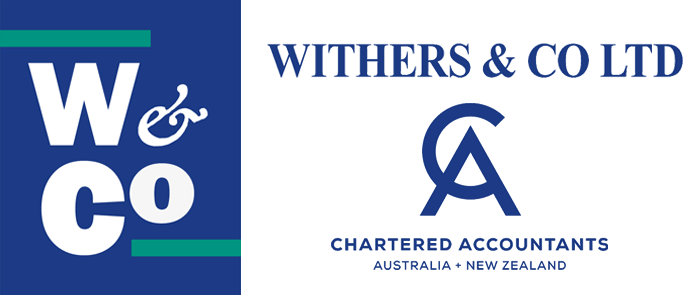Nations work together to report some account activity
 Tax authorities around the world are increasingly working together to winkle out tax evaders from their overseas hiding places, and who can blame them? Our increasingly interconnected world makes it easier than ever for people to hide money overseas – and evade tax.
Tax authorities around the world are increasingly working together to winkle out tax evaders from their overseas hiding places, and who can blame them? Our increasingly interconnected world makes it easier than ever for people to hide money overseas – and evade tax.
New Zealand is one of about 100 nations working together to get rid of hiding places, by operating to the Common Reporting Standard (CRS), which came into effect in New Zealand in July this year.
What CRS requires
New Zealand financial institutions now must:
- Review their accounts and identify those held by or for people who live overseas
- Collect particular information about those people or organisations
- Report information to the IRD for exchange with other countries that have relevant agreements with NZ.
We’re not suggesting that if you’re a foreign tax resident who has, or controls, an account with a New Zealand financial institution, that you’re a tax evader. However, information about your account may be reported to the IRD, and the financial institution may ask you to supply documentation about your account.
If New Zealand has a relevant agreement with the country you live in, IRD may pass your information on to your home authorities – and those authorities may do likewise with Kiwis living in their country.
In some circumstances, family trusts which engage providers to manage their investments may have reporting obligations under CRS. It’s best to talk to us if you have any questions.
IRD bless America
CRS is a bit like the United States’ Foreign Account Tax Compliance Act (FATCA), but it’s an international initiative. FATCA requires US citizens and tax residents to report their worldwide income to the Inland Revenue Service (IRS), regardless of where they live.
It also compels foreigners with accounts in the US to pay the tax they’re supposed to. All non-exempt foreign financial institutions must register with the IRS. Rigorous stuff.
Although all foreign financial institutions had to register with the IRS almost three years ago, there was uncertainty about whether, and how, FATCA applies to New Zealand family trusts without an obvious US connection. Which leads to our next question . . .
Does a family trust have US obligations?
A trust will have obligations under FATCA if it is a foreign financial institution. There are four categories of such institutions, but the most relevant one for family trusts is Investment Entities. The Inter-Governmental Agreement between the US and New Zealand defines what these are.
That said, most family trusts don’t meet the Investment Entity criteria because they do not have “customers” or are not “in business”.
Keeping across your CRS obligations
CRS has due diligence and reporting obligations, especially about:
- Tax residency and account certification
- Persons connected to a trust, if you manage trusts and trust accounts
- Acting as a corporate trustee for NZ trusts or NZ foreign trusts.
If you’re thinking there are complexities and technicalities to FATCA and CRS, you’re right! Happily, we can help. Get in touch if you have questions.









